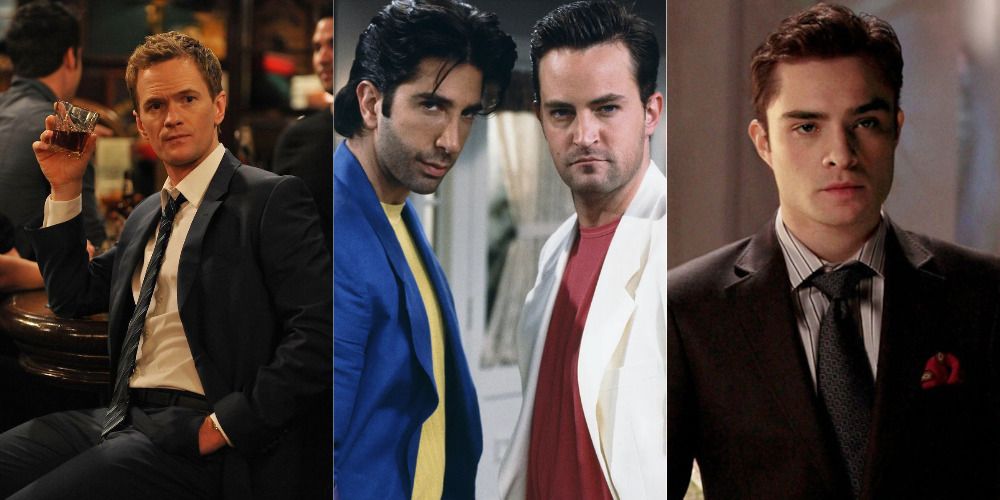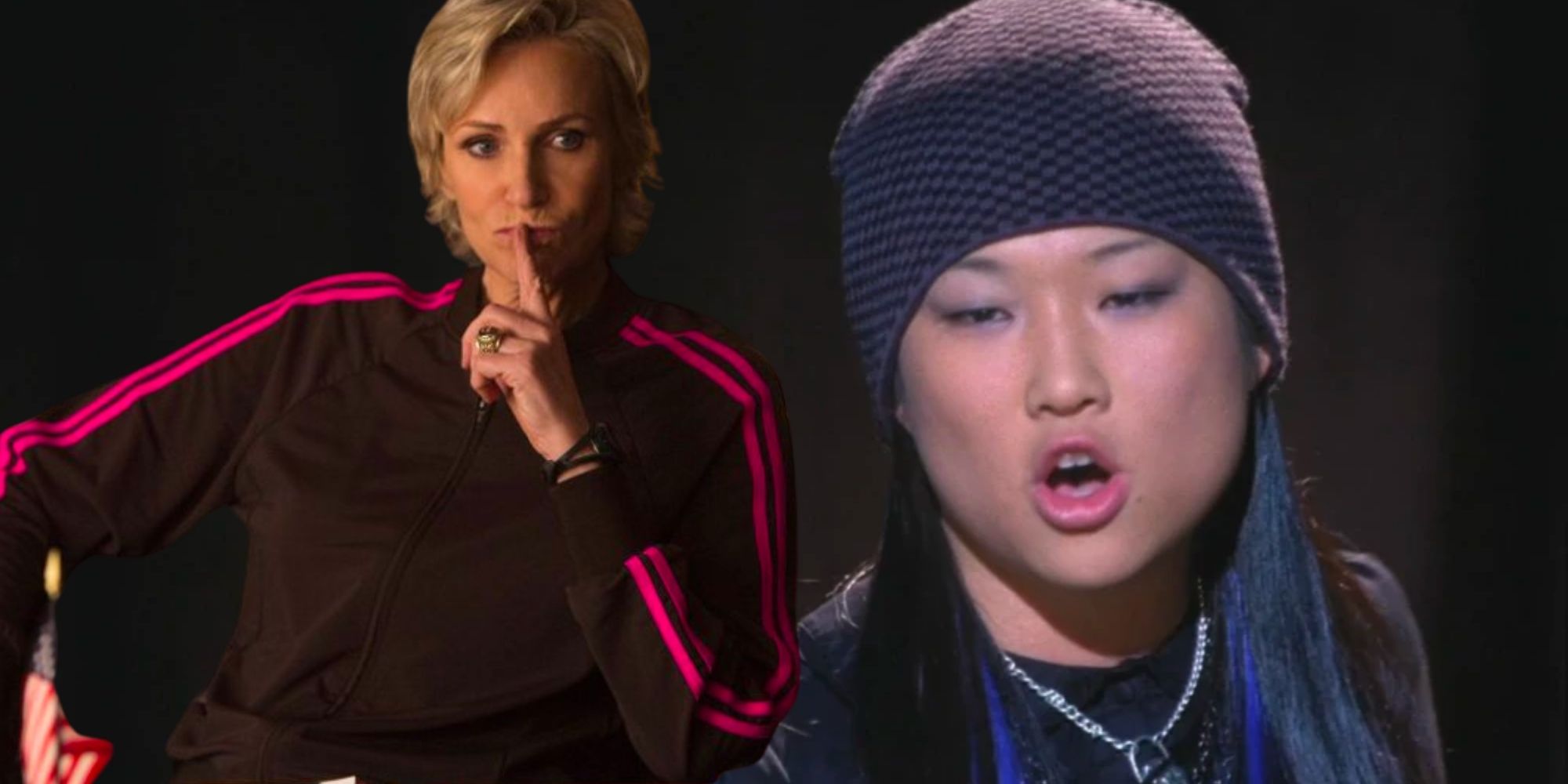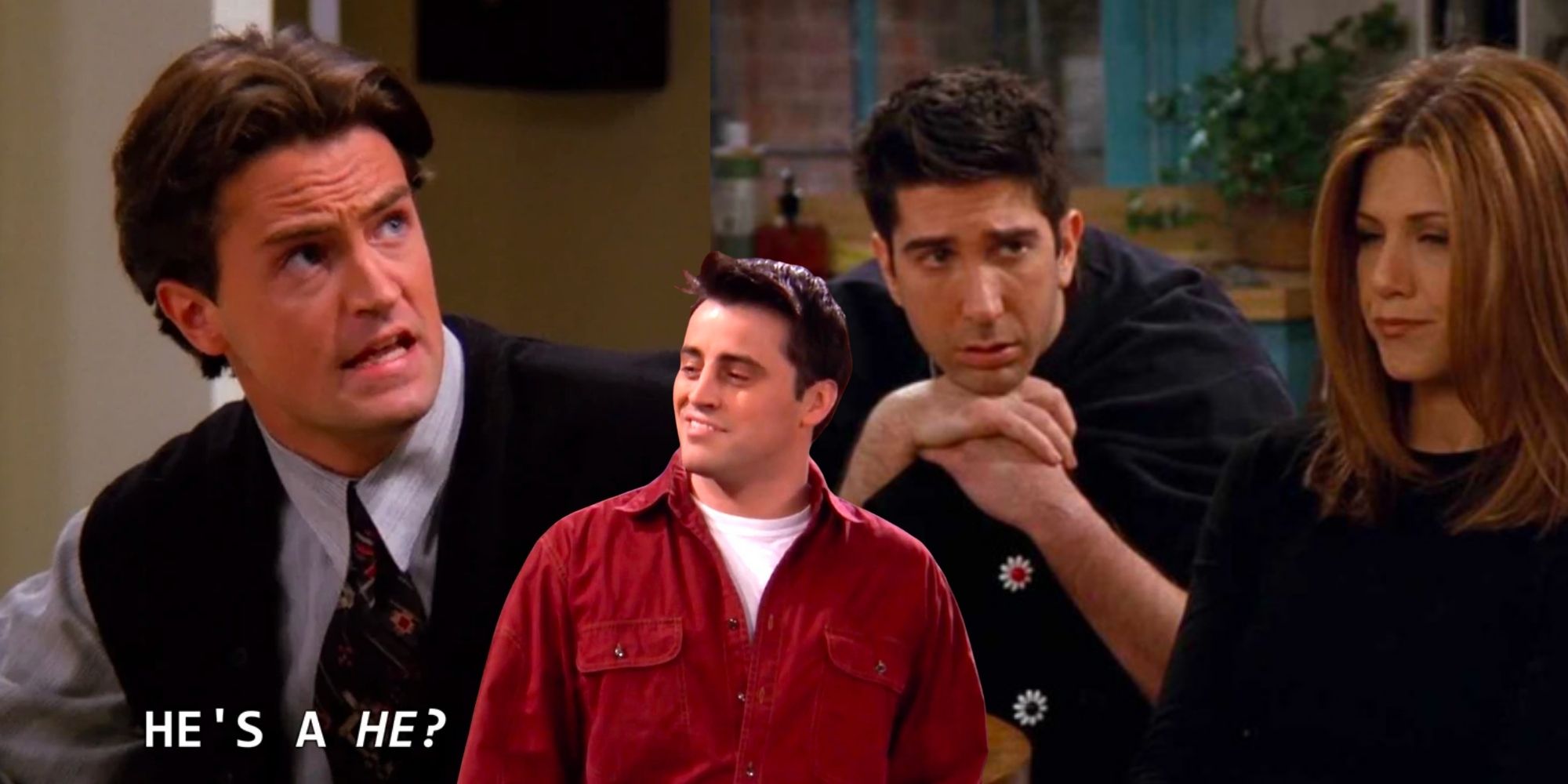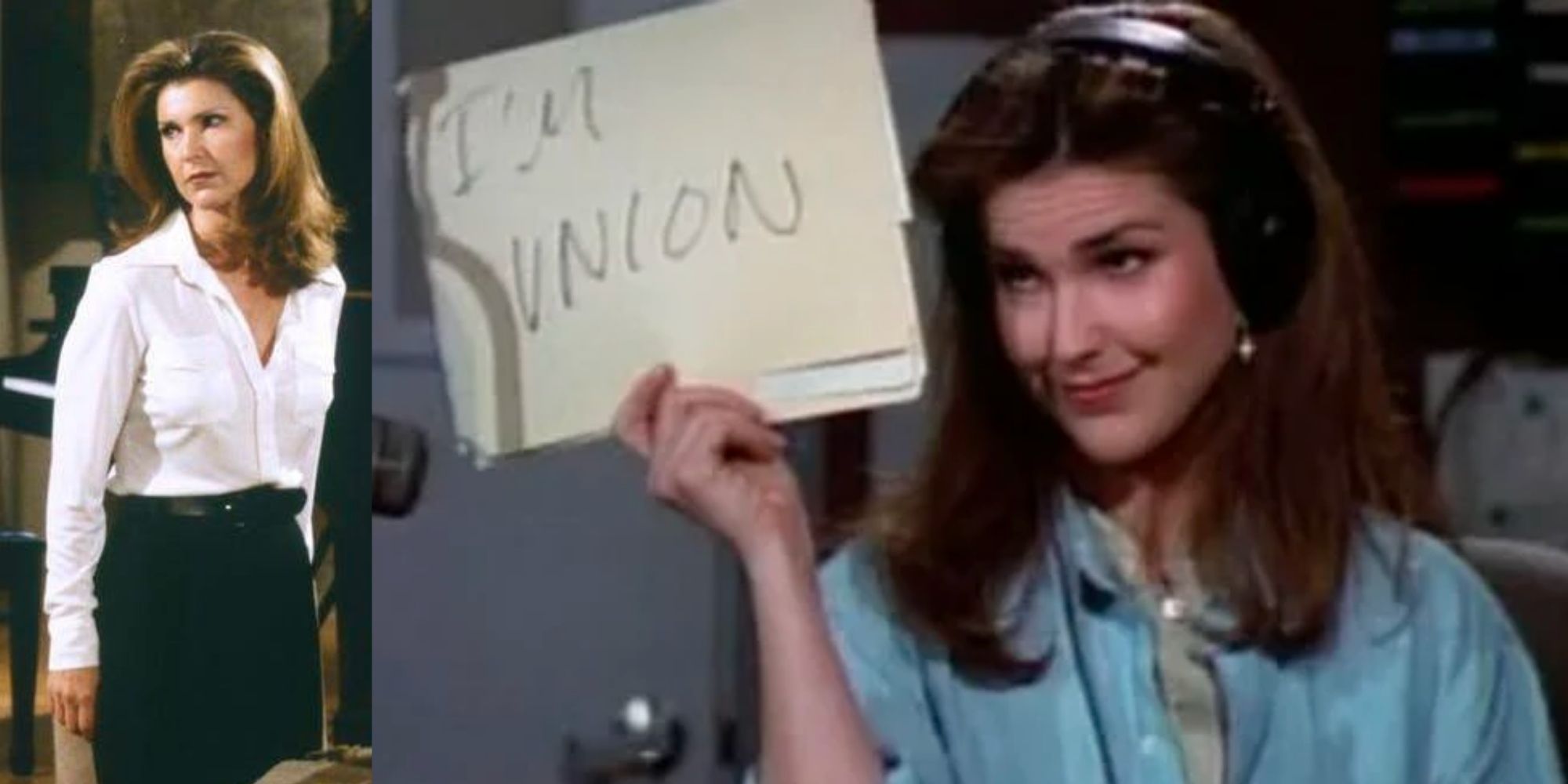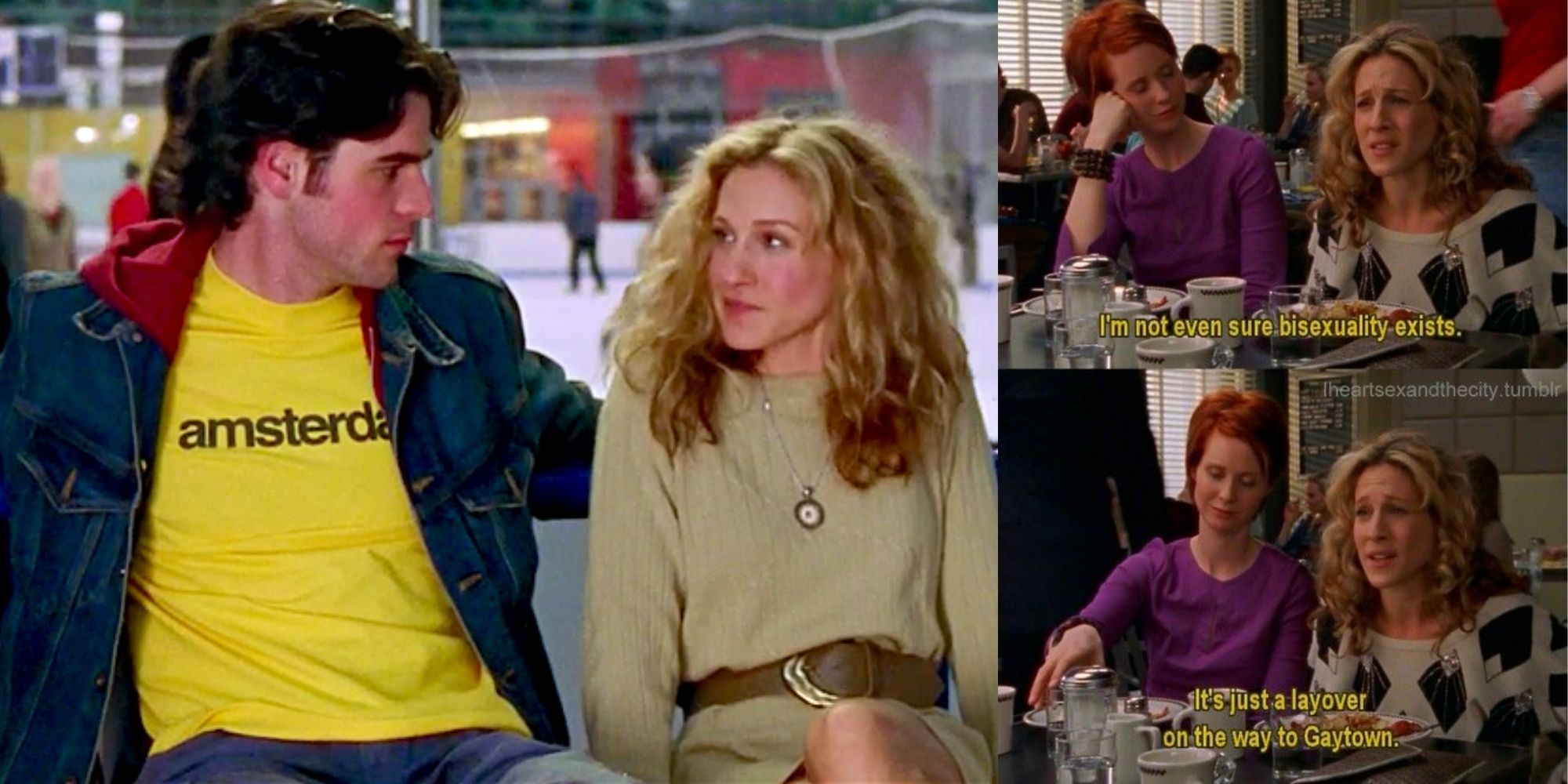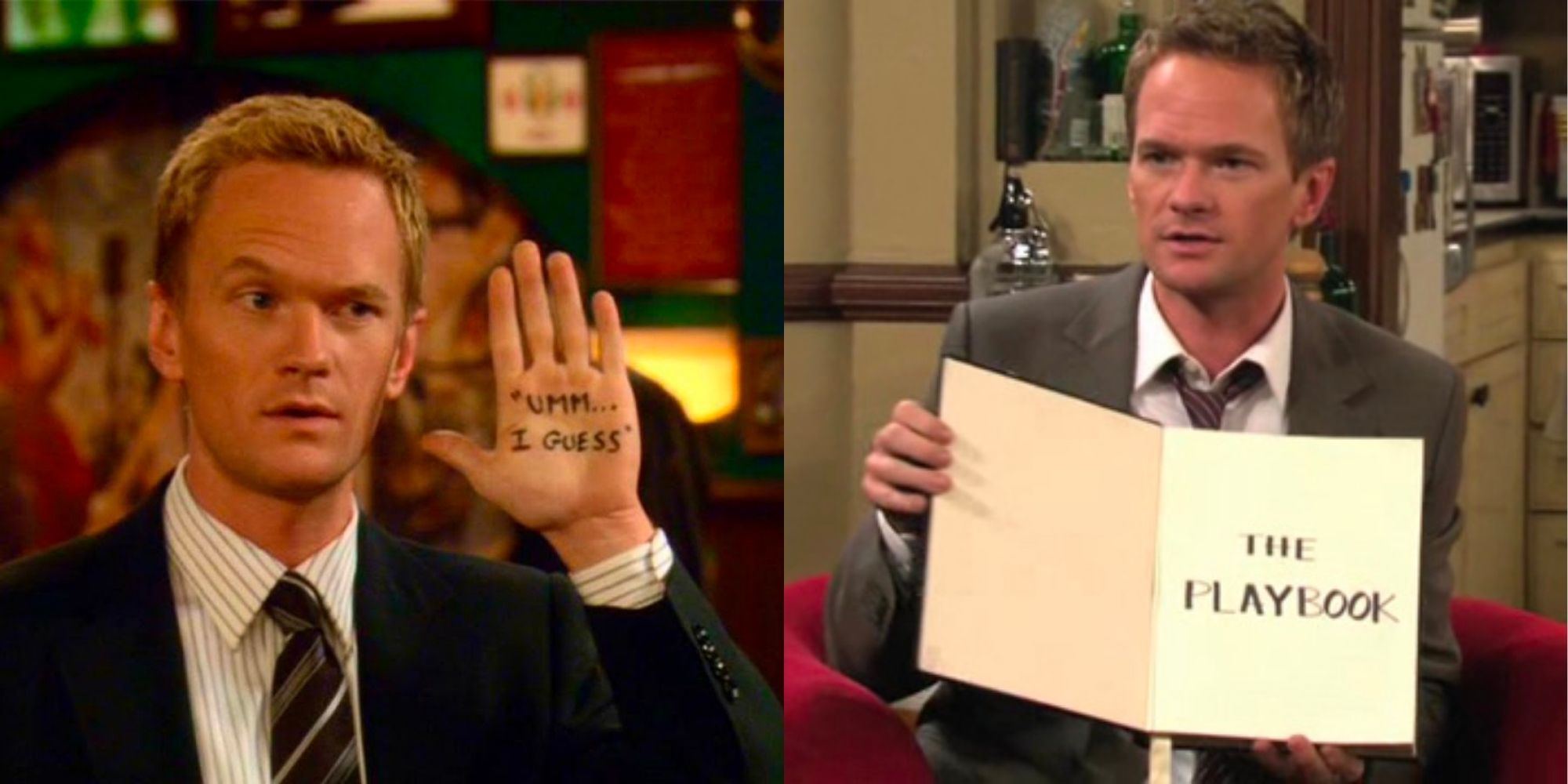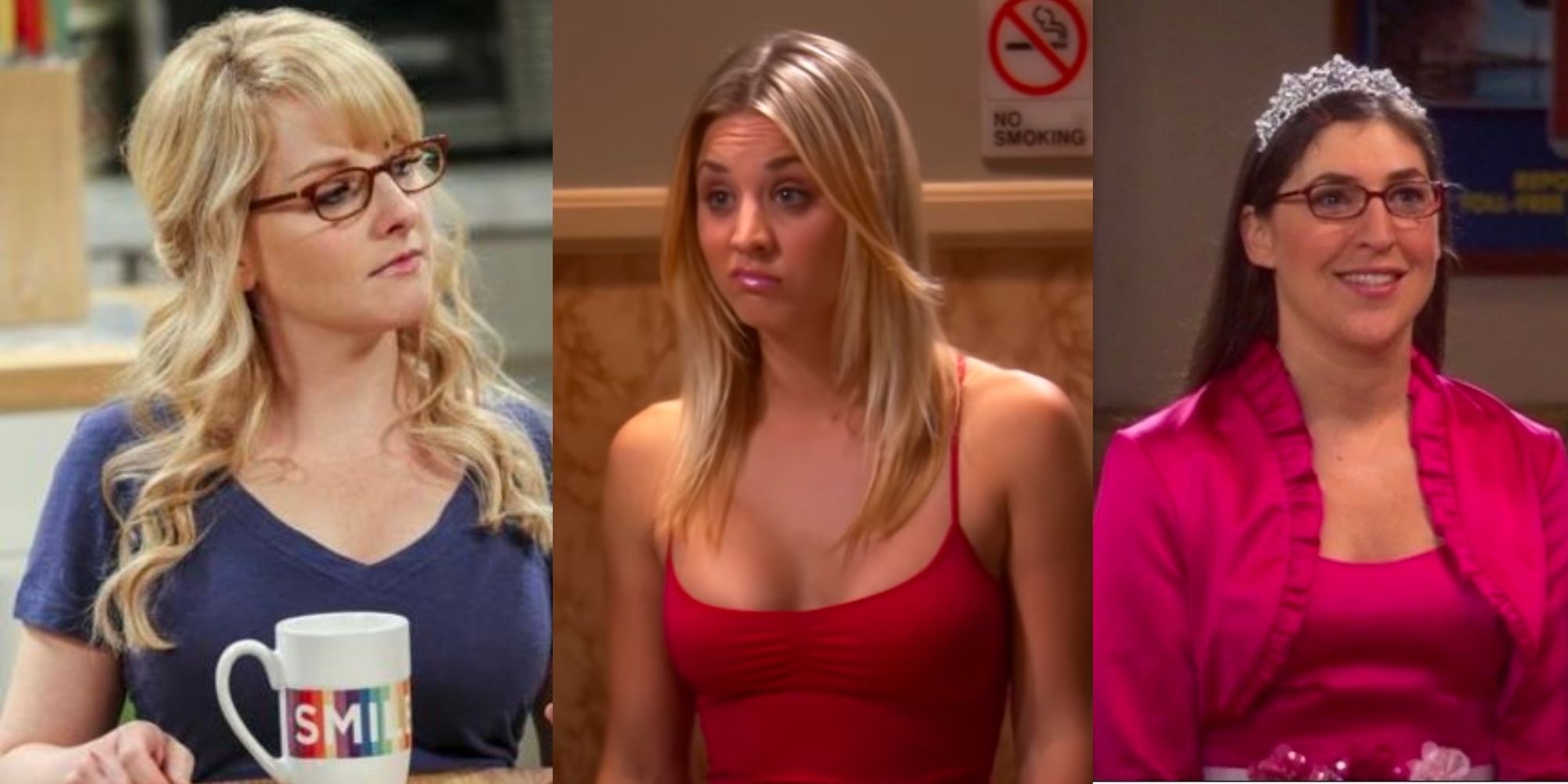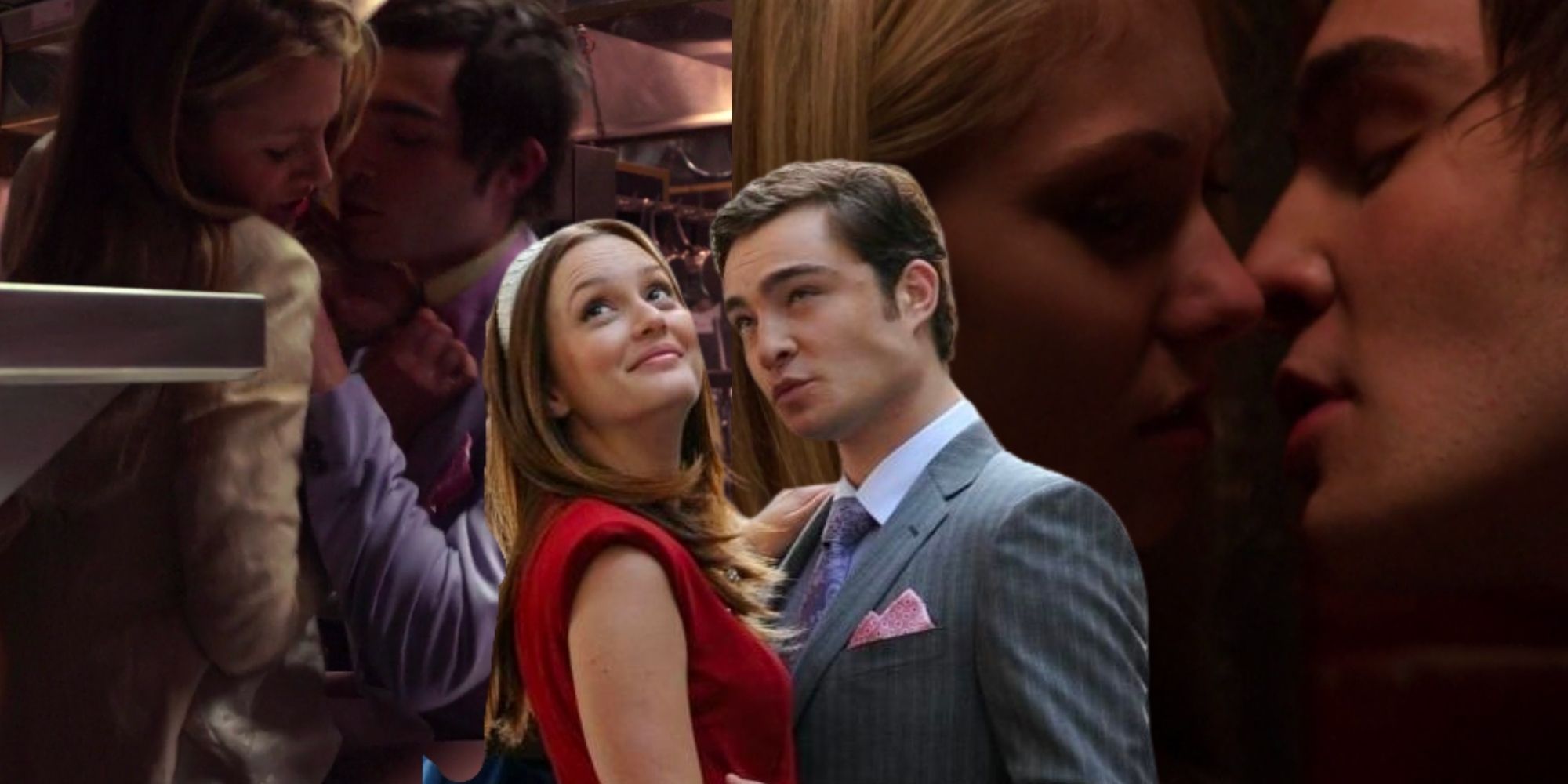The term 'problematic' is an apt way to summarize some of our favorite show's handling of sensitive topics and issues. Although most come from a time when creators may not have been aware of the damage they were doing, some really should have known better.
Glee, for instance, has proven to be a particularly difficult watch for the younger, more culturally sensitive generation. When the show premiered, fans referring to themselves as 'Gleeks' bought into the camp comedy and refreshing appearance of minorities and underdogs in lead roles. Although, something was always a little... off.
Glee - The Treatment of Minorities
Casting able-bodied Kevin McHale to play wheelchair-bound Artie was only the start of Glee's missteps, unfortunately. Jenna Ushkowitz's character Tina Cohen-Chang, the sole Asian person in the main cast for the first season, was given only two notable traits: her frequent 'emo' tears, and being Asian. She was constantly disrespected and dismissed by her classmates if her presence was acknowledged at all. When Tina was finally given her first solo it was the Korean smash-hit 'Gangnam Style'. Go figure.
On the other side of the coin, Sue Sylvester had so much promise as an iconic queer character, but some of her lines were downright abhorrent. "A female football coach, like a male nurse, is a sin against nature", or "I know firsthand how hard it is to struggle as a minority in America today. I'm 1/16th Comanche Indian. In fact, I like minorities so much, I'm thinking of moving to California to become one", oh dear. Jane Lynch is a brilliant actress, and we're betting she wants to wipe some of these episodes from her repertoire.
Friends - The Toxic Masculinity
Friends will always be one of the most successful TV shows of all time, but audiences could have done without Joey the Womanizer, Ross the Gaslighter, and Chandler the Homophobe. Being gay was the ultimate punchline to these guys, and it undermined the quality comedy of the rest of the show.
Joey's constant sexualization of women may have seemed funny at the time, but audiences now consider the very real consequences of this dehumanization. Thankfully more and more poignant shows, like Toni Collette's Unbelievable, are tackling the issue head-on. Not dissimilar is Ross' bizarre entitlement to Rachel. There are many, many articles detailing why Ross is an actual villain. Most disappointingly, Chandler and his dreadful jokes about his transgender parent. They weren't okay then, and they definitely aren't now, trauma or not Mr. Bing.
Frasier - The Sexist Jokes
Kelsey Grammer played Frasier Crane for over 20 years, and the success of the Cheers spinoff is a testament to his skill as an actor and showrunner. Unfortunately, like most shows that debuted in the 90s, there were some problematic themes. Most notably, the consistent shaming of Roz.
Roz is a strong female character, and her handling of the hot-headed radiotherapist is a pillar of the show. However, Roz being a single woman confident in her sexuality is the target of many, many judgemental jokes. The saving grace is that Roz rolls her eyes and never changes her behavior. In later seasons she goes on to raise her daughter alone with full support from her surrogate family, the Cranes. If only the humor had remained highbrow in relation to the female lead.
Sex and the City - The Double Standards
If there's one episode of the iconic series that really lets Sex and the City fans down, it's 'Boy, Girl, Boy, Girl' (season three, episode four). Carrie referring to bisexuality as a “layover on the way to Gaytown” was not only biphobic, but a direct dig at the large queer community that had supported them from day one.
Fans expected more from the revolutionary feminist show, but like with most 1990s takes, representation had a long way to go. There are hardly any BIPOCs, and when the women do date non-white or non-American men they're fetishized and barely fleshed out. Feminism is about equality, not repeating the same mistakes in reverse. Thankfully The Carrie Diaries gave us a more open-minded version of the lead.
How I Met Your Mother - Barney
How did they make it through 7 seasons without realizing how wasted Neil Patrick Harris was in this role? The misogynist shtick got old, fast, but worse than that were the jokes about beating sexual assault lawsuits and which alcohols will inebriate a woman best for sex. It wasn't until they paired Barney up with Robin that he had any kind of character development beyond being a predator.
Like pickup artists on YouTube, Barney's fictional success rate gave young male viewers a false impression of what real women want and how they should be treated. The television we consume can have a significant impact on our worldview, and that's why ethical standards exist for the media. Also, good comedy doesn't rely on cheap laughs and causing offense. Just ask Bo Burnham.
The Big Bang Theory - The Misogyny
The early seasons of The Big Bang Theory are truly painful to watch, with Penny reduced to a dumb and shallow girl next door; ironic given Leonard's affections for her are face-value. Kaley Cuoco does her best to flesh out the struggling actress, but Penny is consistently thrown into tropes that revolve around the male characters, like mothering a sick Sheldon or forgiving a cheating Leonard. All the while, she is the butt of their jokes and garners little respect because she's not a woman of STEM.
Things don't improve when the creators discover how dismally they're failing the Bechdel Test and write Bernadette and Amy in. They're both brilliant scientists, but again their narratives are reduced to obsessing over men. Bernadette nags, gradually becoming an outright bully. Amy is a hopeless, horny weirdo who will take any crumb she can get from the deadpan Sheldon, so the audience is constantly reminded. It's a shame the female leads didn't get the thorough development that the male leads did. The draw of TBBT was its 'otherness', if only it had honored the female audience that loved it back.
Gossip Girl - The Toxic Relationships
It's concerningly common for toxic relationships to center teen dramas, and none portray that better than the original Gossip Girl. To cut a long story short, Dan being directly responsible for Serena's years of torment and her marrying him in the final episode isn't even the worst example. Blair and Chuck take that crown.
Chuck's attempted rapes of Serena and Jenny (who was 14 at the time) in the pilot were never mentioned again. The episode in which Chuck trades Blair for a hotel effectively showcases the bizarre dynamic of the supposed power couple. They got their happy ending, though, appearing with a young son and getting married in the finale. Remember, young viewers, just because you met him in high school, doesn't mean he's the one. Especially if he humiliates and degrades you for fun. One thing the show did show, though, is that there's no changing a bad boy.

